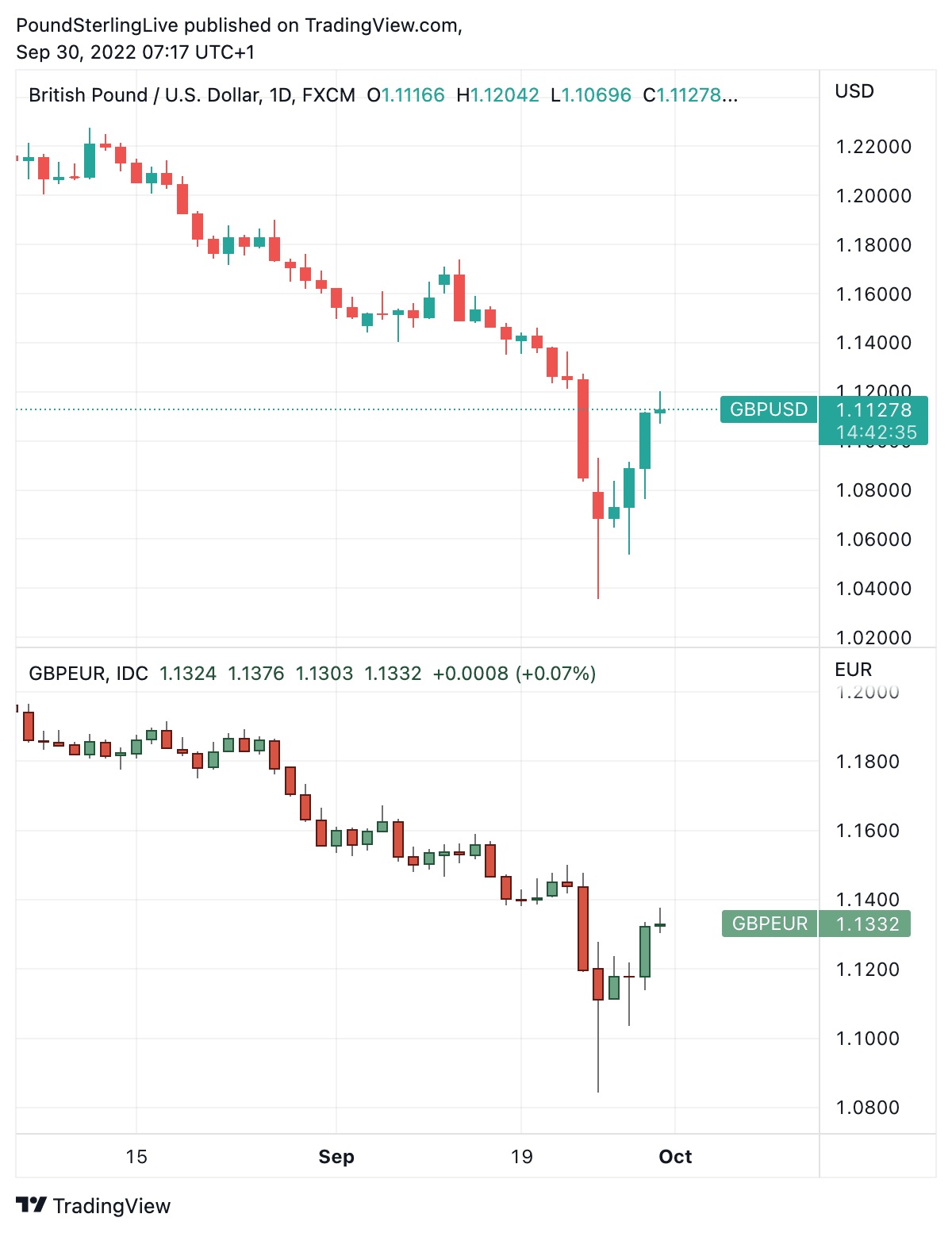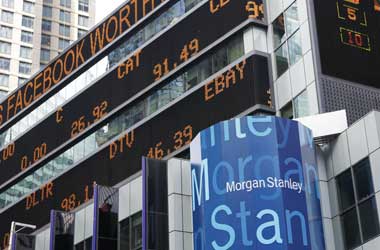 The British Pound seems poised to reach the end of the month on a stronger footing, having recorded gains versus the Euro, Dollar, and the majority of other currencies during the last week. The rebound from the substantial lows recorded on Monday will be aided by statistics indicating that the British economy increased in the second quarter, contrary to market predictions.
The British Pound seems poised to reach the end of the month on a stronger footing, having recorded gains versus the Euro, Dollar, and the majority of other currencies during the last week. The rebound from the substantial lows recorded on Monday will be aided by statistics indicating that the British economy increased in the second quarter, contrary to market predictions.
The country’s current account deficit was less than anticipated in the second quarter, according to figures released on Friday. The ONS reported that the GDP grew by 0.2% in the second quarter, a revision from the initial estimate of -0.1%.
The current account deficit was -£33Bn (5.3% of GDP), which is still substantial but lower than the average estimate of -£44Bn. In reality, the deficit has decreased significantly from the first quarter, when it stood at a staggering -£51.7 billion. This current account deficit necessitates that the United Kingdom attract foreign money to finance the pound, although this necessity is far less than it formerly was.
Many Pound exchange rates have largely retraced the decline sustained in the aftermath of Chancellor Kwasi Kwarteng’s budget statement, which caused investors to worry that UK debt levels would approach unmanageable levels, as of Thursday. However, versus the Dollar and Euro, the Pound has not yet completely recovered.
This week, the exchange rate between the British Pound and the Euro has increased by 1.46 percent from its opening levels to its current levels. On Monday, the exchange rate was as low as 1.0799. At the time of writing, the pair is trading at 1.1370, with bank payment rates around 1.1142 and independent provider payment rates at 1.1335. More information is available here.
This week, the Pound to Dollar exchange rate has increased by 2.85%, after reaching a low of 1.0354 on Monday. The spot is now trading at 1.1158, while bank payment rates are about 1.1142 and independent provider payment rates are around 1.1335. More information is available here.
Wednesday’s intervention by the Bank of England, which purchased long-duration bonds to settle a volatile debt market that was apparently jeopardizing significant pension funds, was a crucial factor in the recent rebound of the British pound. Bonds in the UK, US, and EU rallied in response to the intervention, lowering rates and alleviating market anxiety.
The resurgence of the pound shows that it was retaining a substantial amount of risk premium in response to these bond market concerns. “Bearish speculators are taking their foot off the pedal, and this is giving some comfort for battered currencies,” says Fawad Razaqzada, City Index’s market analyst.
In the near term, foreign currency markets may be susceptible to month-end movements, and volatility is thus conceivable. The markets will not reveal the status of the British pound until early next week, after a really turbulent September. However, the money market pricing indicates that investors expect a big rate rise at the next two Bank of England meetings, so risks are considerable.
A failure to raise rates rapidly might result in a weaker Pound by the end of the year. “We continue to believe that the bank will raise rates by 75 basis points (about half of what the market anticipates) in November. We believe the BoE is careful not to raise rates excessively since this might cause a severe credit crisis and real estate crash “says Fabrice Montagné, an economist at Barclays.

In recent days, the financial markets have adjusted significantly to accommodate for future government borrowing demands. Combining the energy price guarantee and tax cuts, which will all be financed by issuing additional debt, has resulted in a significant increase in the yields on UK government bonds. This has an effect on UK lending products, particularly mortgages.
Moneyfacts reports that on Wednesday night alone, more than 300 mortgage packages were available. According to Moneyfacts, the residential mortgage market in the United Kingdom had 2,340 options available as of Thursday morning, down from 2,661 on Wednesday. Between Tuesday and Wednesday, a record 935 goods were removed, more than double the previous high recorded in the early days of the epidemic. The Bank of England may increase rates in fewer increments than the market anticipates in order to protect the housing market.
According to Montagné, the rapid decline in market confidence has had very real and actual implications. “A weaker currency would be the route of least resistance in the event of smaller-than-anticipated rate rises,”
According to Kamal Sharma, a foreign currency expert at Bank of America, the Pound has likely entered a lower long-term trading range.
“We feel that the GBP is undergoing a substantial transformation as investors perceive it through a different prism than other G10 currencies,” adds Sharma.
He contends that cyclical concerns, such as the Bank of England’s terminal rate and the magnitude of rate rises, are no longer as significant as they once were. Rather, he cautions that fundamental issues over the United Kingdom’s worsening fiscal and balance of payments predicament are what genuinely matter.
“These reasons will not go soon, and we believe that the risk premium in GBP is becoming more ingrained. The Great GBP reset is in full swing “says Sharma.




